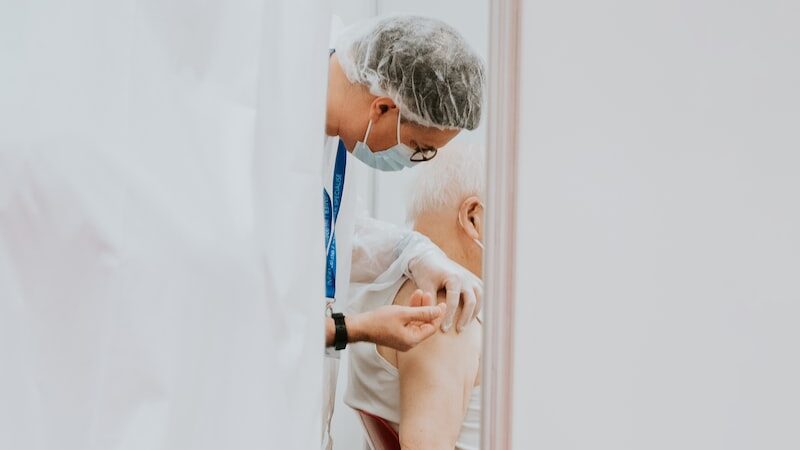The intensity, spread, and effects of public opinion about vaccines are growing as new modes of communication speed up information sharing, contributing to vaccine hesitancy, refusals, and disease outbreaks. We aimed to develop a new application of existing surveillance systems to detect and characterise early signs of vaccine issues. We also aimed to develop a typology of concerns and a way to assess the priority of each concern.
Read on The Lancet Infectious DiseasesRelated content

The Vaccine Confidence Project™ is a WHO Centre of Excellence on addressing Vaccine Hesitancy, and is engaged in many strands of research pertaining to vaccine hesitancy.

The IRIS Academic Research Group was founded by some of the world’s leading researchers and academic institutions and launched in June 2021 at the inaugural Global Vaccine Confidence Summit as part of the UK government’s G7 Presidency.

Project AViD took a critical anthropological approach to exploring what actions can be taken to optimise vaccine acceptance during a disease outbreak.

To identify knowledge gaps, beliefs and attitudes in relation to the COVID-19 pandemic and COVID-19 vaccine acceptance among adults in the Asia-Pacific region, the Vaccine Confidence Project conducted two waves of quantitative research in 2021 and 2022.

Overview The Vaccine Confidence Project and its partners aimed to improve COVID-19 vaccine confidence…

When the term ‘vaccine hesitancy’ first appeared, it was deemed ambiguous and difficult to measure.